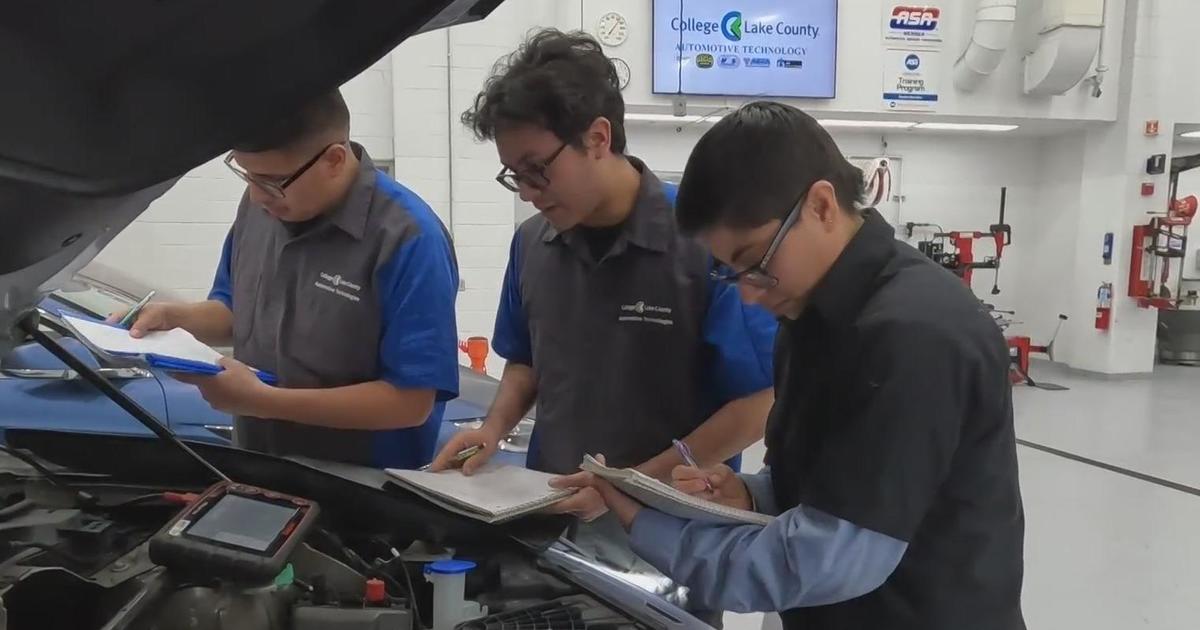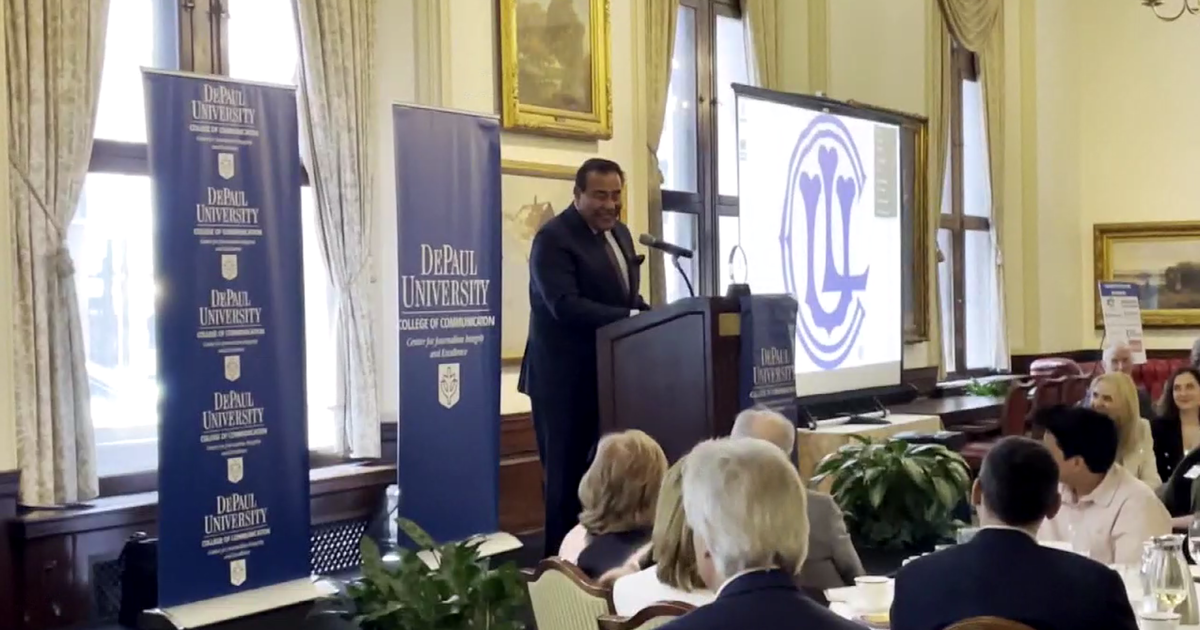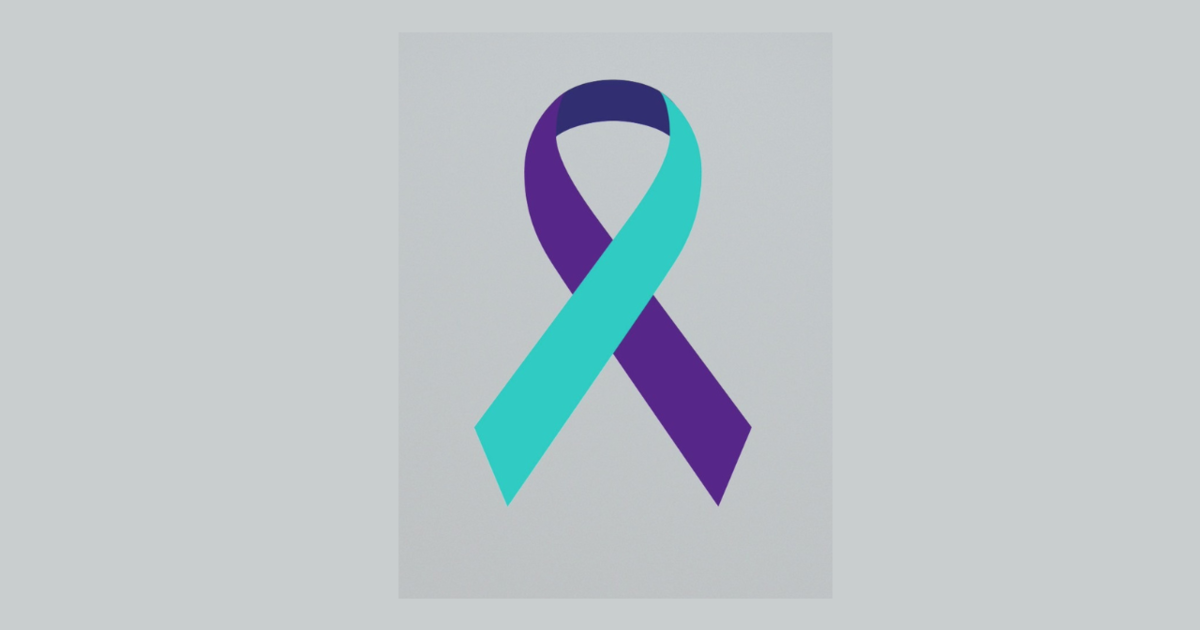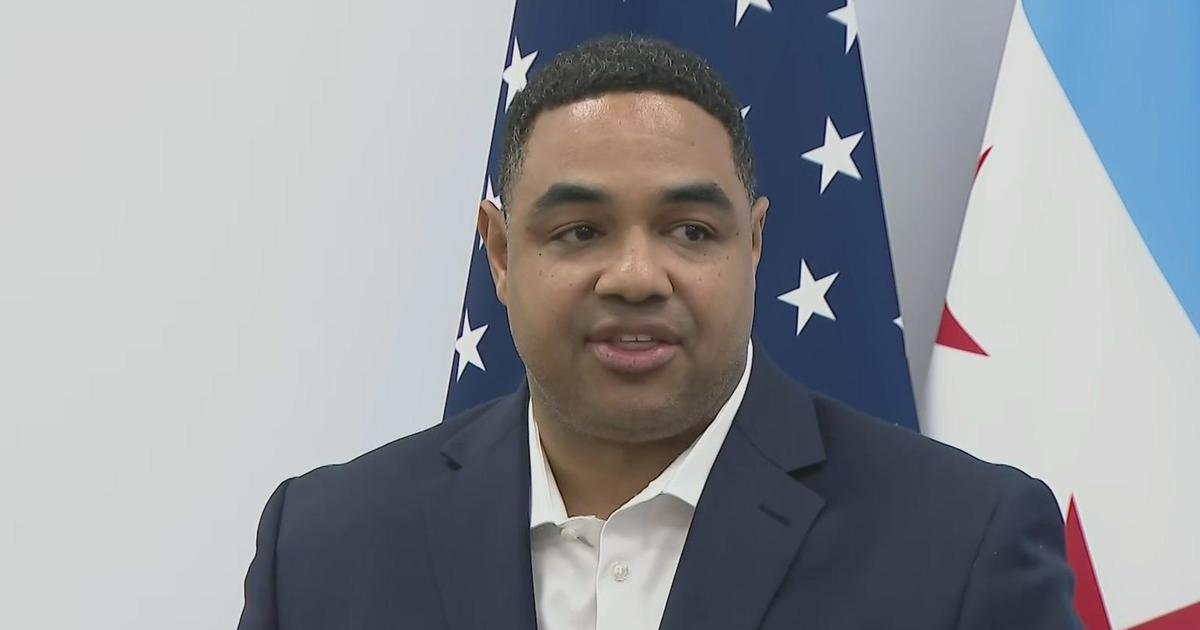How To Pick A College During A Pandemic
The U.S. News & World Report rankings are useless any year, but especially during a pandemic.
Developed to sell magazines, not to help students decide what college or university is right for them, the rankings reward exclusion, with lower acceptance rates helping institutions move up on the lists.
Inclusion, not exclusion, should be the point. Students need to know where they will feel included, respected and cared for no matter their backgrounds.
And besides measuring the wrong things, the lists are not even accurate. The U.S. Department of Education just fined Temple University $700,000 for reporting false statistics. Many colleges game the system, offering small classes in the fall, when U.S. News gathers its data, and much larger classes in the spring.
Selecting a college is always challenging, and even more so as COVID-19 prevents campus visits and changes institutional practices.
The best approach is scouring the websites. Keep in mind that universities and their marketing firms work hard to put schools in the best light, so it's important to know what to look for and to read between the lines.
Here's a guide:
CAMPUS LIFE – PANDEMIC AND BEYOND
- Responses to the pandemic reveal priorities. Are decisions made based on principle or monetary goals? Look for statements that convey values. Here's an example: "We are committed to the health and safety of students, faculty, employees, and the surrounding community, while maintaining high-quality instruction, whether person-to-person, hybrid, or online." Then look carefully at descriptions of what they are actually doing. Are actions consistent? Do they seem meaningful, or superficial?
- Are they apologizing? If so, for what? To err is human, but these apologies can indicate wrong turns, not only because of the pandemic but because the college culture is not student-centered.
- Is the campus generally safe according to crime statistics? The FBI provides an annual assessment. The safest colleges highlight this fact on their websites.
ACADEMICS
- Who actually teaches undergraduates, part-timers or full-time faculty members?
- Freshman year is make-or-break for most students. Does the college take that year seriously? Is there a special program that combines academics with extensive advising? Is the institution investing in freshmen by assigning the best and brightest faculty members to teach in small classes? Or does the institution try to save money by employing underpaid part-timers?
- Is priority given to the fundamental attributes of student success: communication, problem-solving, leadership, working well with others? A writing-across-the-curriculum program is a good sign.
- Do you see indications on the webpage that the college understands the importance of cultural and social capital; making connections through internships, community service, and other means?
- Look for signals that the college makes tangible connections between courses and careers.
- Does the college protect the arts and humanities? Future leadership and success depend ultimately on broad-based and creative ways of thinking.
COST
- What is the college's cost? That is the most difficult point to decipher, because you can't go by the sticker price. Higher education institutions have complicated systems of financial aid and discounting. What you can do is call the financial aid office and set up an advisory appointment. If you get a brush-off, that will tell you a lot. Colleges willing to talk with you about scholarships and other supports before you are a student are the colleges that will continue to help you when you matriculate. With good advice, it really is possible to graduate with little or no debt.
- A widely unknown fact: The richer the college or university, the larger the grant to qualifying students. Grants do not have to be paid back. In the Ivy League, most universities provide grants, not loans.
- Is the college "not-for-profit"? This is important. You do not want your tuition money winding up in the hands of stockholders at "for-profit" institutions.
Finally, when an effective vaccine is available, and we can travel safely again, one of the best tests is a college visit. Picking a college has a great deal to do with how the place makes you feel. In the meantime, spend quality time on the website.
Dr. Elaine Maimon is an educator, university administrator and author with a long career in educational reform. Her most recent book is Leading Academic Change: Vision, Strategy, Transformation.



